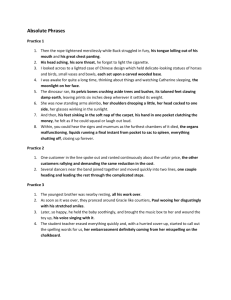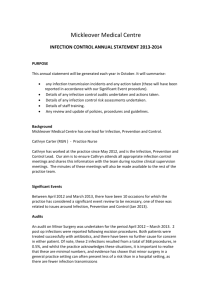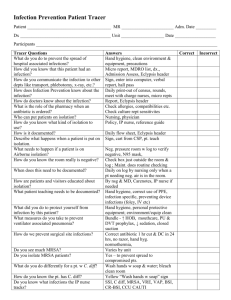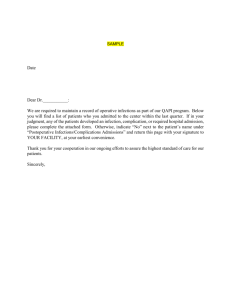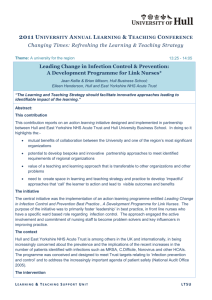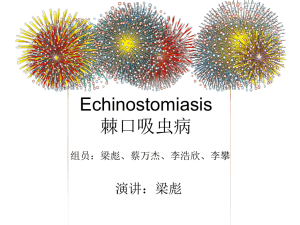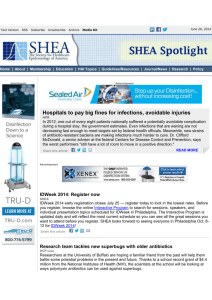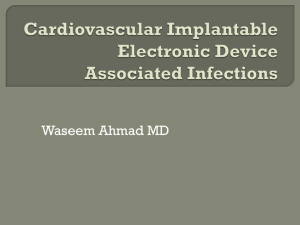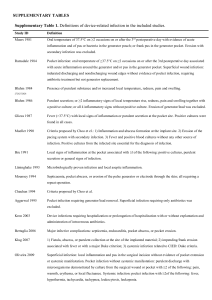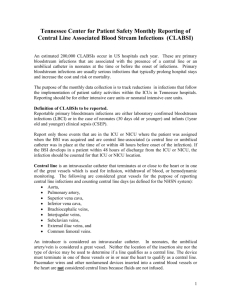microbiological differences of pocket vs. non
advertisement
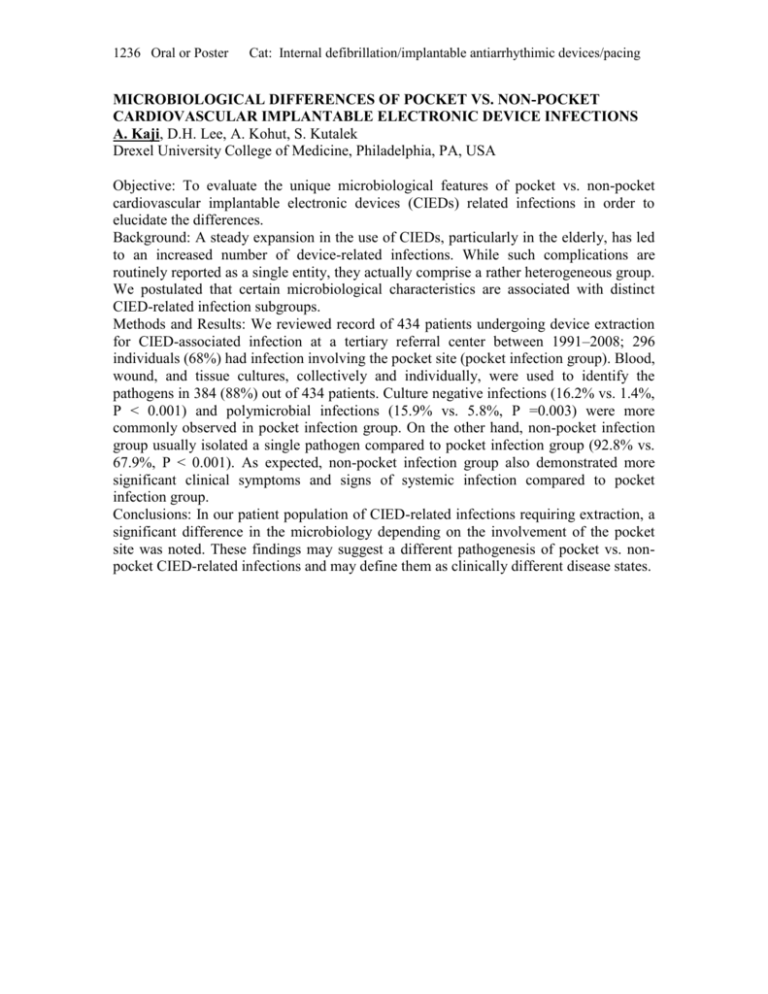
1236 Oral or Poster Cat: Internal defibrillation/implantable antiarrhythimic devices/pacing MICROBIOLOGICAL DIFFERENCES OF POCKET VS. NON-POCKET CARDIOVASCULAR IMPLANTABLE ELECTRONIC DEVICE INFECTIONS A. Kaji, D.H. Lee, A. Kohut, S. Kutalek Drexel University College of Medicine, Philadelphia, PA, USA Objective: To evaluate the unique microbiological features of pocket vs. non-pocket cardiovascular implantable electronic devices (CIEDs) related infections in order to elucidate the differences. Background: A steady expansion in the use of CIEDs, particularly in the elderly, has led to an increased number of device-related infections. While such complications are routinely reported as a single entity, they actually comprise a rather heterogeneous group. We postulated that certain microbiological characteristics are associated with distinct CIED-related infection subgroups. Methods and Results: We reviewed record of 434 patients undergoing device extraction for CIED-associated infection at a tertiary referral center between 1991–2008; 296 individuals (68%) had infection involving the pocket site (pocket infection group). Blood, wound, and tissue cultures, collectively and individually, were used to identify the pathogens in 384 (88%) out of 434 patients. Culture negative infections (16.2% vs. 1.4%, P < 0.001) and polymicrobial infections (15.9% vs. 5.8%, P =0.003) were more commonly observed in pocket infection group. On the other hand, non-pocket infection group usually isolated a single pathogen compared to pocket infection group (92.8% vs. 67.9%, P < 0.001). As expected, non-pocket infection group also demonstrated more significant clinical symptoms and signs of systemic infection compared to pocket infection group. Conclusions: In our patient population of CIED-related infections requiring extraction, a significant difference in the microbiology depending on the involvement of the pocket site was noted. These findings may suggest a different pathogenesis of pocket vs. nonpocket CIED-related infections and may define them as clinically different disease states.
